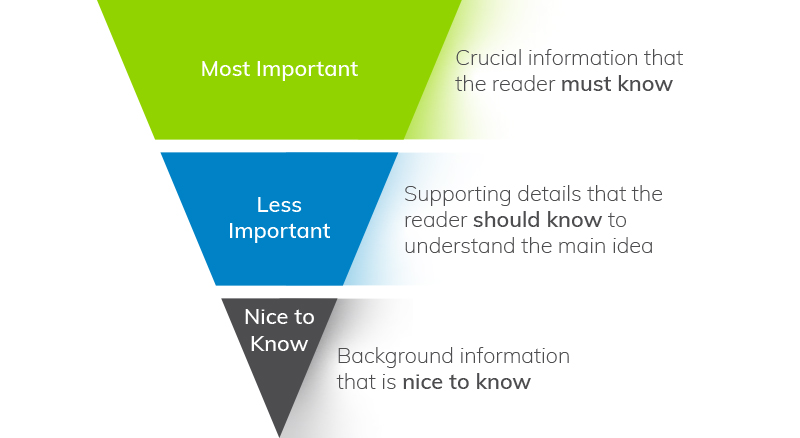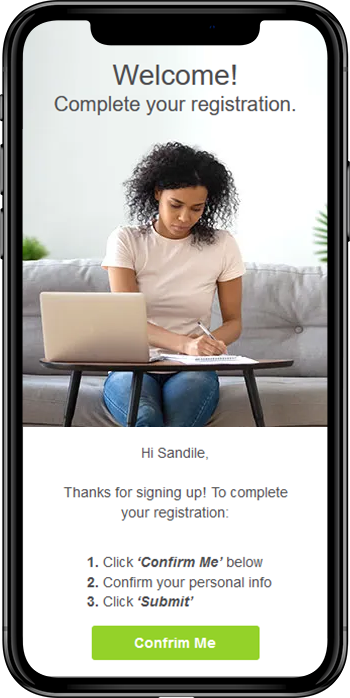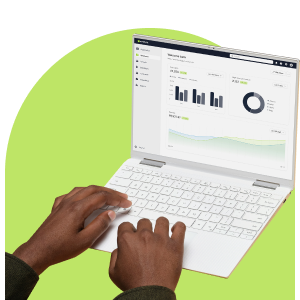In marketing, not many things convert like power copy. So, it makes sense to optimise it in email, the marketing channel that remains one of the most effective tools for driving conversions. Here are 12 of our email copywriting tips (we use them in our own marketing too) that you can use to improve conversions from your email campaigns.
1. Nail the Properties
The first things your recipients see of your email are the email properties. These typically include the subject line, the from name, and some preview text.
Your subject line is the first impression your email makes, so it needs to be compelling, grab attention and create interest to entice the recipient to open the email.
How do you write to increase your email open-rates? Follow these best practices:
- Keep it short, sweet and punchy
- Use action-oriented language
- Personalise with the recipient’s name or relevant details
- Create a sense of urgency or exclusivity
- Refer to numbers and lists
The preheader text serves as a preview of your email content and can reinforce your subject line. Use it to provide additional information or context and encourage the recipient to read further.
The body of your email should be concise, benefit-driven, and easy to scan. Focus on how your product or service solves a problem or fulfills a need.
The from name you use on your emails may not seem like a big deal, but our research shows that it is. It needs to be a name that’s recognised and trusted. Read more in our blog post.
2. Use the Right Tone
Speak to your readers in everyday language. That usually means writing simply and clearly, avoiding jargon, and making your copy conversational—unless your brand benefits from a more technical tone.
3. Use ‘You’ & ‘Your’
Focus on the reader and their needs instead of just your brand. This makes the email feel more personal and relevant.
4. Get to the Point
People skim online content. Use the inverted pyramid structure to present key information first.

5. Shorten Sentences
Cut out every unnecessary word. Use:
- Strong nouns and verbs instead of adjectives
- Active voice instead of passive
- Shorter words over long ones
Check out this article for more tips.
6. Use Sub-Headings
Online readers scan in an F pattern. Sub-headings help them navigate and engage with your email better.
7. Tighten Paragraphs
Break your content into chunks—about four to five lines each. When the subject changes, so should the paragraph.

8. Use Bulleted Lists
Bullets are easier to scan, reduce reader fatigue, and create helpful white space.
9. Include a Thoughtfully Designed Footer
Your footer should include contact info, an unsubscribe link, and social media links to expand engagement.
10. Limit Calls to Action
Stick to one main CTA. If you must include a second, make it visually distinct. Example CTAs: Get started now or Claim your free trial.
11. Prioritise Design for Mobile
Emails must be responsive. Keep text short, ensure CTA buttons are easy to click, and maintain scannability.
12. Analyse What Works
Use tools like Everlytic’s analytics to track what performs best. Test subject lines, formats, and copy styles to see what your audience prefers.
Convert More with Great Copy
Power copywriting takes time. Combine these rules with creative flair to drive stronger conversions.
Create Engaging Emails Effortlessly
Don’t have the time, skills, or tools to craft eye-catching emails? Everlytic makes it easy—no design or development experience needed.



